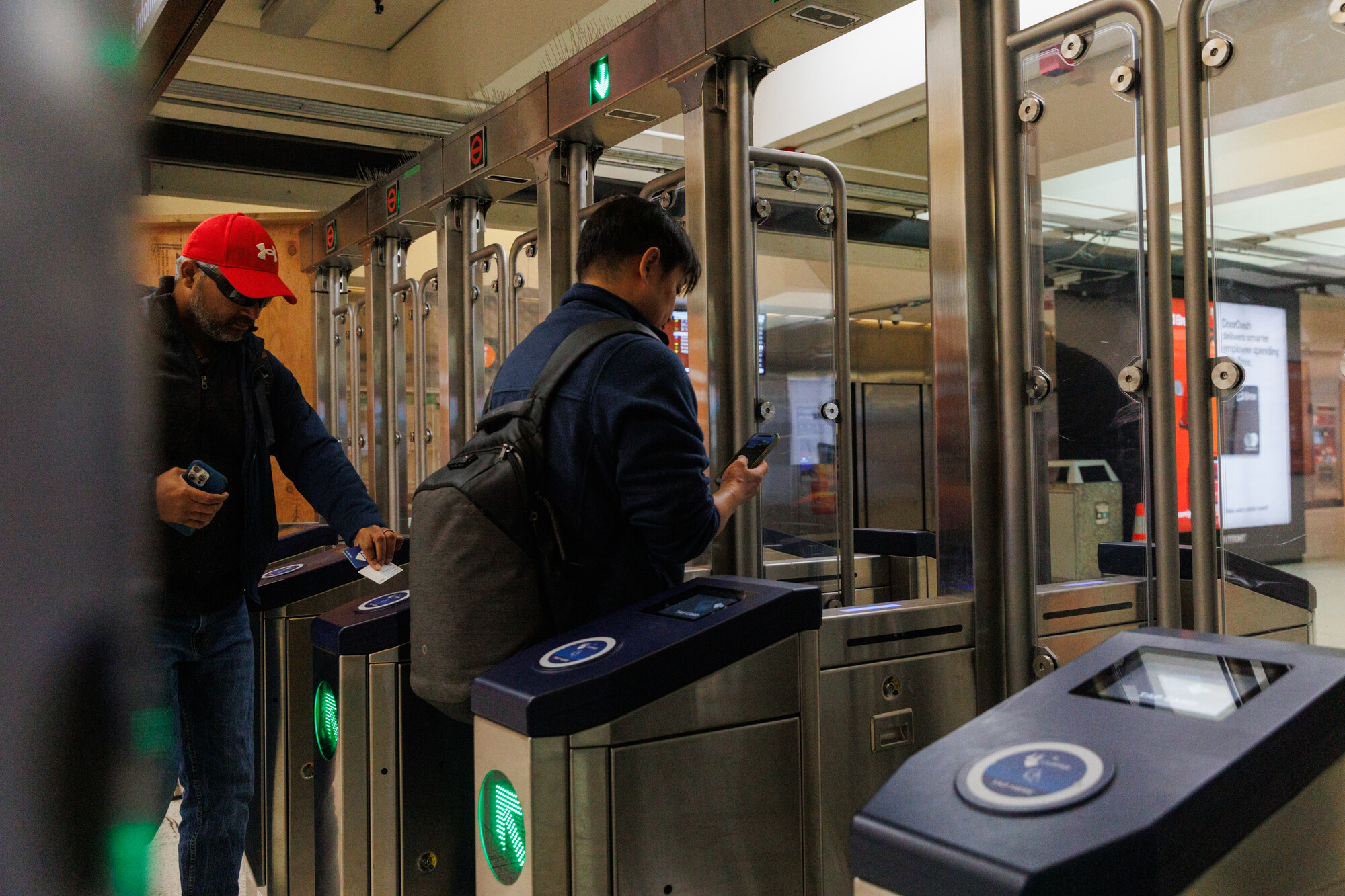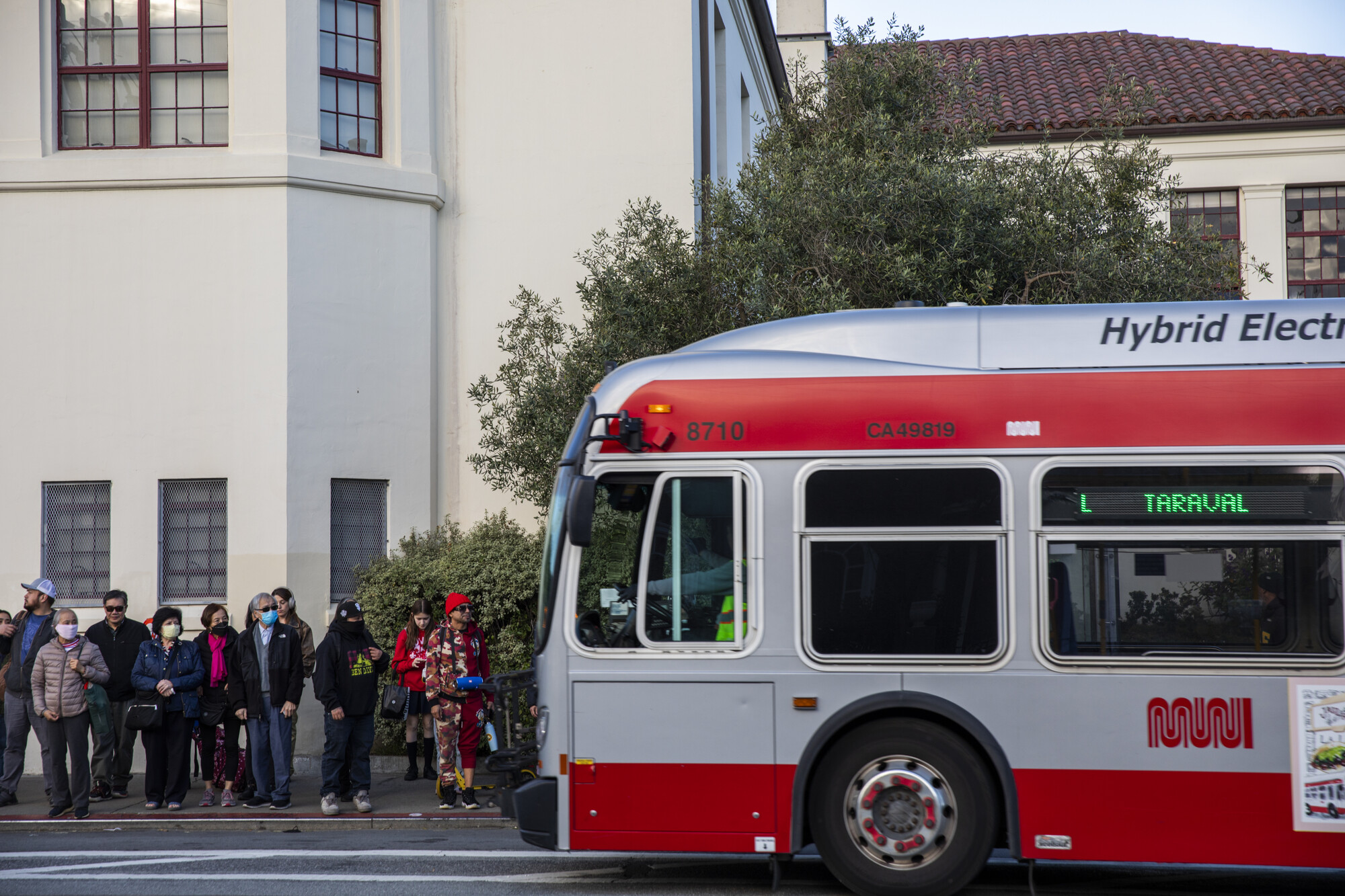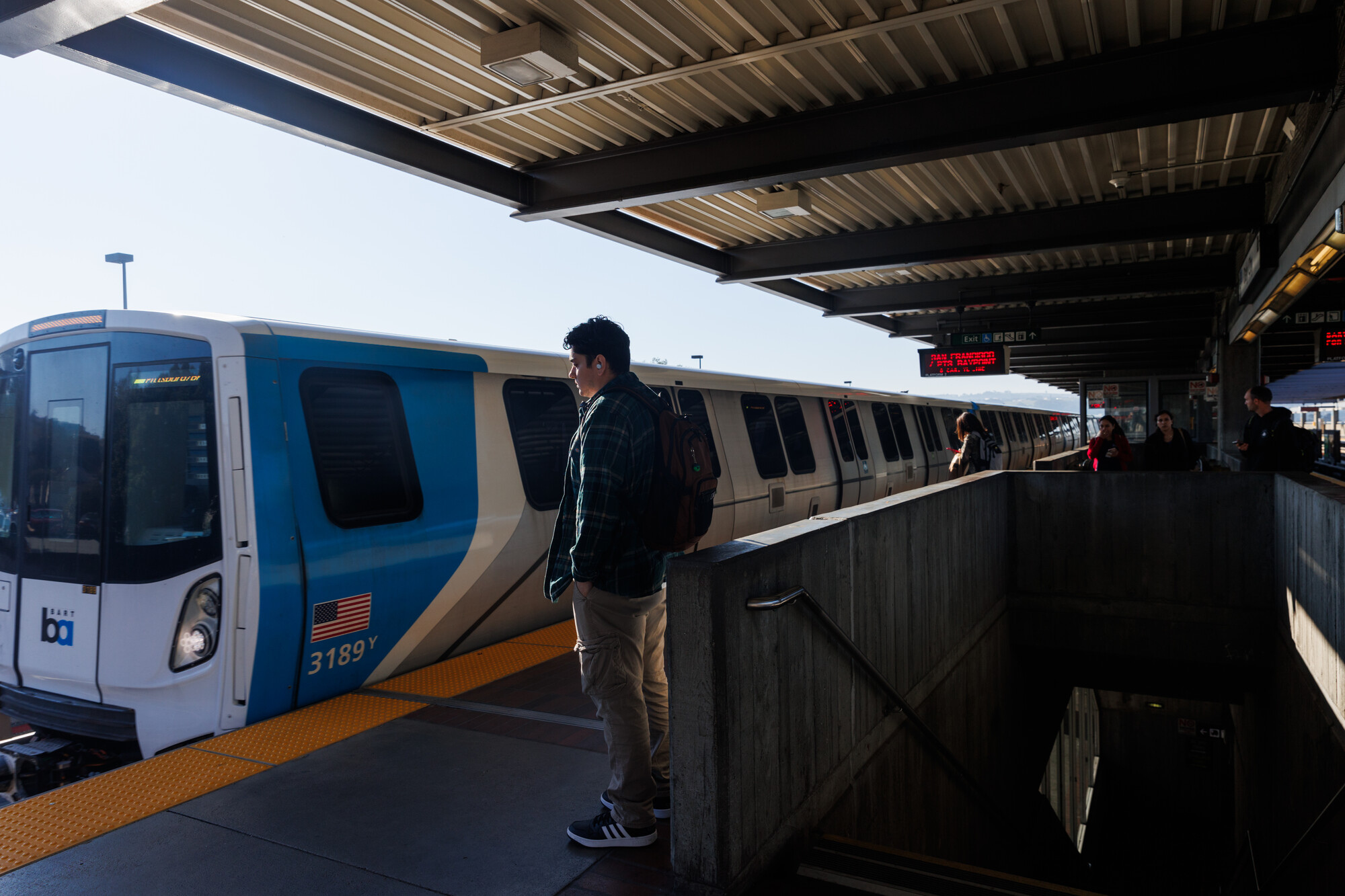Updated 1:32 p.m. Tuesday
The Clipper system that allows hundreds of thousands of Bay Area commuters to pay transit fares suffered a total network failure on Tuesday morning, forcing bus, train and ferry agencies across the region to suspend fare collections for several hours.
Just before 5 a.m., BART alerted station agents across its 50-station network that the Clipper system was down. The agency opened all fare gates, a move followed by Muni and other agencies to allow commuters to make their trips.
Metropolitan Transportation Commission spokesperson John Goodwin said the cause of the outage wasn’t immediately known. Although it came on the same day that fare increases took effect for agencies including Muni, AC Transit, Caltrain and San Francisco Bay Ferry, Goodwin said the outage was unrelated.



